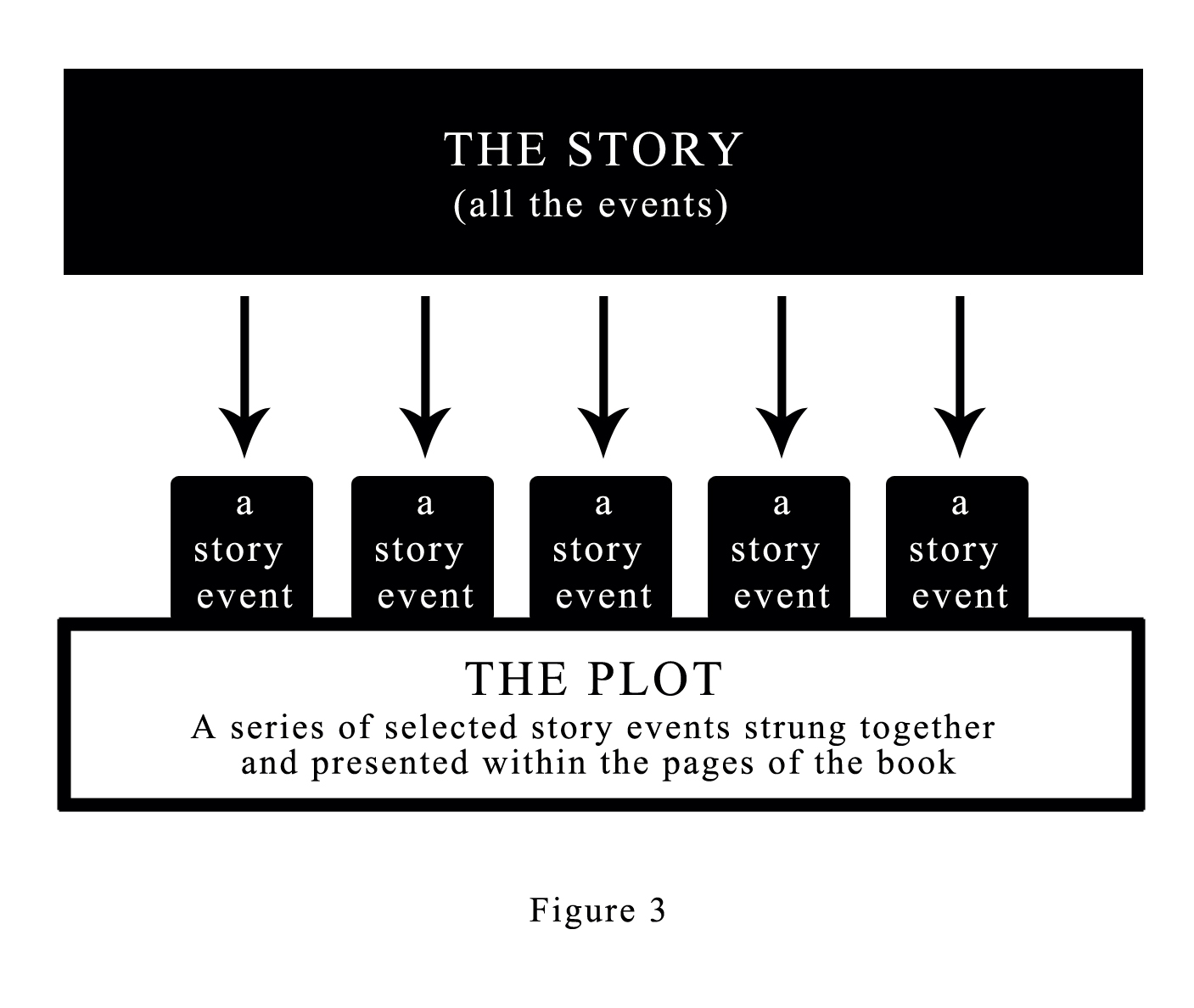Tagged: relations
Brainstorming relations
Changes in knowledge
Bordwell and Thompson‘s reading this week focused on narrative and relations. A quote in the beginning on the reading explained narrative as a way of organising knowledge which I found quite adequate. I think all we try to do through art and creation is organise our knowledge. We explore, interrogate and critique the world and our ideas through what we express, whether it be through writing, film or painting.
We can also express and organise our knowledge through non-narrative and multi-linearity. As humans I think we crave narrative: we look for signs, symbols, patterns; we believe in fate and destiny, and that everything happens for a reason. But does that necessarily mean it’s the ‘best’ or most appropriate for our lives?
The reading explained relations in narrative: we connect events through causality, time and space.
 This chapter also mentioned reactions to conventions, which got me thinking about creative rebellion.
This chapter also mentioned reactions to conventions, which got me thinking about creative rebellion.
Creativity is the greatest rebellion in existence. If you want to create you have to get rid of all conditionings; otherwise your creativity will be nothing but copying, it will just be a carbon copy. You can be creative only if you are an individual, you cannot create as part of the mob psychology. The mob psychology is uncreative; and it lives a dragging life, it knows no dance, no song, no joy; it is mechanical. – Osho

The ways in which we are connected – various thoughts from the week
- Relations – media as a relational thing, eg the components within the frame/
- Tacit Knowledge – knowledge that is difficult to transfer to another person by means of writing it down or verbalising it. Egs: facial recognition, the notion of language itself, riding a bike
– We know more than we can tell
– Tacit knowledge as ‘artful doing’ - Process
- Problem-based learning = learn research skills, critical thinking, content, contextualising
- Cycle and Reflection = return to problem and think about it in what ways it is now different and from this make new decisions.
– make, test, critique, make changes - Roland Barthes:
– disenchantment with both established forms of writing and more experimental, avant garde forms which he felt alienate the reader
– art should be critical and should interogate the world, rather than seek to explain it
– search for individualistic meaning in art
– attempts to dissect and expose the misleading mechanisms of bourgeois culture
– limitations of signs and symbols, and Western culture’s dependency on beliefs of constancy and ultimate standards. - Constraint as liberation – frames 10, 40 and 70 minutes into a film
- Multi-linearity
- Entanglement
- Sketches: suggest and explore, intentionally ambiguous
- Specificities matter much more than generalisations
- Juxtaposition
- Multiplicity: being in two places/two things at once
- Readerly Texts: classic texts presented in a familiar, linear, traditional manner. Meaning is fixed and predetermined. The reader merely receives information.
- Writerly Texts: reader takes an active role in the construction of meaning. There is a proliferation of meanings and a disregard of narrative structure.